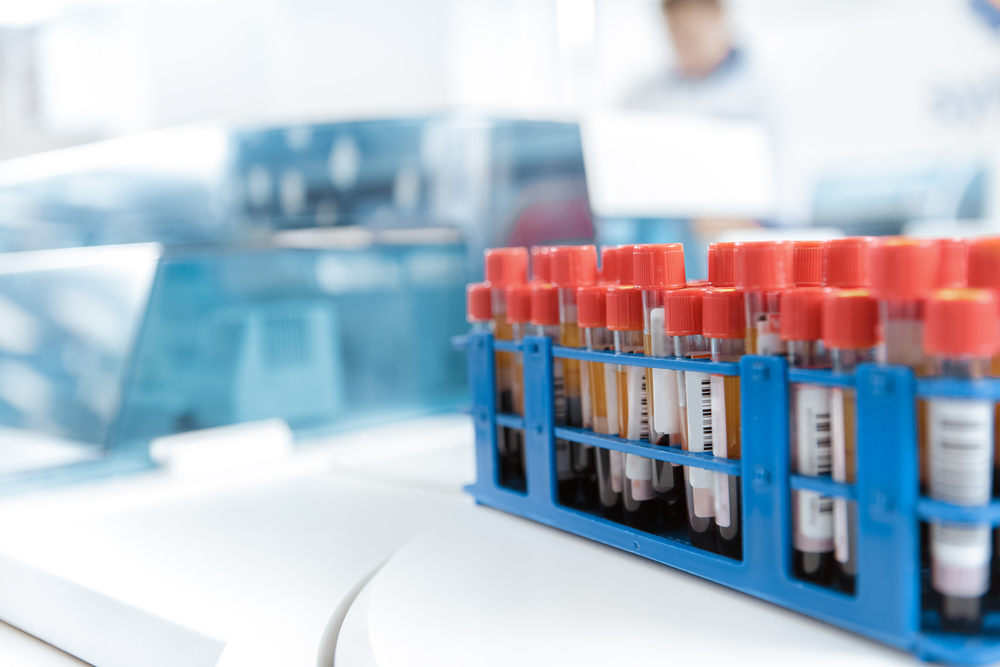
If you and your partner have been attempting to have a baby but haven't succeeded, you might consider having fertility checks. It's important to understand that both men and women can have issues with fertility. Discovering the reasons behind any challenges can help in finding the right solutions. This guide will walk you through various tests specifically for women, giving you the knowledge you need to make decisions about your reproductive health.
Understanding Fertility Issues
Before diving into fertility tests, it's crucial to grasp what fertility problems entail. Infertility means not being able to become pregnant after trying for a specific period. Typically, this period is about a year if you're under 35 and six months if you're over 35. Both partners should get tested together to figure out any potential problems.
During your first visit with a healthcare provider, they'll likely ask about your medical history, including any ongoing health conditions or surgeries. They'll also want to know about any medications you're taking and your lifestyle habits, such as smoking, drinking alcohol, consuming caffeine, or using drugs. Offering detailed information helps the doctor understand your situation better.
Tests for Women's Fertility
Several tests can assess a woman's reproductive health. These tests aim to identify issues with reproductive organs and hormonal imbalances that might be affecting fertility. Below are several typical fertility tests conducted for women:
Pap Smear
A Pap smear is a straightforward test used to find abnormal cells in the cervix. It helps detect cervical cancer, sexually transmitted infections, or other irregularities that might impact fertility. This test is recommended for all women, especially those trying to conceive.
Ovulation Tests
Ovulation is when an egg is released from the ovaries, a crucial step in becoming pregnant. Ways to check ovulation include:
- Urine tests for luteinizing hormone (LH): LH levels rise just before ovulation, indicating the most fertile period of your menstrual cycle.
- Progesterone blood tests: These tests show increased progesterone levels after ovulation, confirming it has occurred.
- Tracking basal body temperature (BBT): BBT slightly rises after ovulation, and monitoring it monthly can reveal ovulation patterns.
Hormonal Tests
Hormonal imbalances can affect fertility. Tests to assess hormone levels may include:
- Follicle-stimulating hormone (FSH) test: High FSH levels may indicate reduced fertility.
- Clomiphene citrate challenge test: This combines FSH testing with clomiphene citrate to assess ovarian reserve and fertility.
- Anti-müllerian hormone (AMH) test: Low AMH levels may suggest reduced fertility.
Imaging Tests
Imaging tests provide visual information about reproductive organs and identify structural abnormalities affecting fertility. Common tests include:
- Hysterosalpingogram (HSG): This X-ray test checks for blockages in the fallopian tubes or uterine abnormalities.
- Transvaginal ultrasound: It detects ovarian cysts, fibroids, or other conditions.
- Hysteroscopy: This procedure identifies abnormalities like polyps, fibroids, or adhesions.
- Laparoscopy: It diagnoses conditions such as endometriosis.
Additional Tests
Additional tests might be recommended based on your situation, such as:
- Blood tests: To check thyroid function and other hormonal imbalances.
- Postcoital testing: It examines cervical mucus after intercourse to evaluate its interaction with sperm.
- Endometrial biopsy: This tests the uterine lining for abnormalities.
Conclusion
Take charge of your reproductive health by scheduling a comprehensive fertility test with AstoLabs. Our convenient at-home lab tests in Chennai empower you to gain insights into your fertility status and explore treatment options. Remember, infertility is a shared journey, so involve your partner and seek support from medical professionals every step of the way. Start your fertility journey today with AstoLabs.






